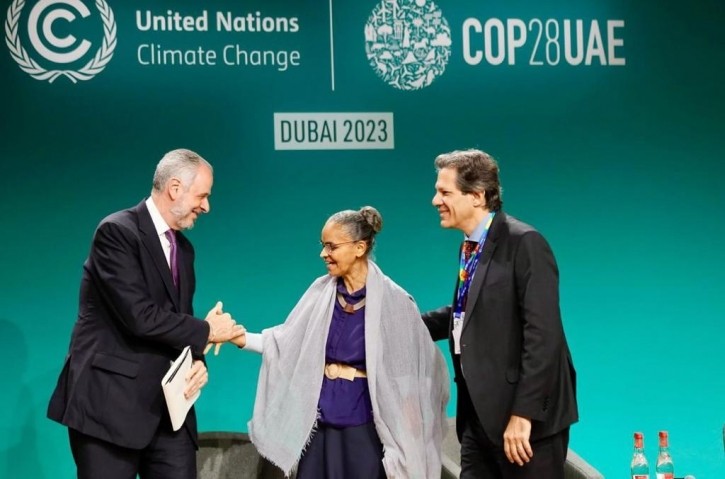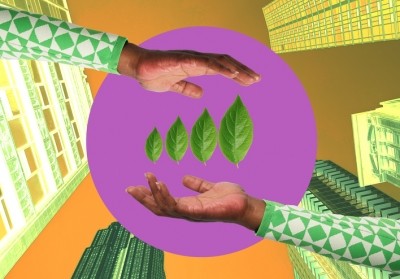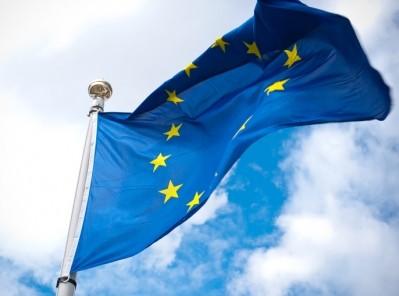COP28: Brazil launches $250bn global fund to safeguard forests across 80 nations

The fund was launched at the climate summit by Brazil’s environment minister, Marina Silva.
The mechanism "builds on existing initiatives such as the Leaf Initiative and the Amazon Fund," said Glenn Hurowitz, CEO of environmental advocacy group Mighty Earth, in a social media post.
"It would require investment from donors and companies, and reward long-term reductions in deforestation and forest restoration at the national level. This is the kind of scale that nature needs. It's great to see it coming from the Brazilian government."
Brazil expects the funding mechanism to be fully operational by COP30.
Garo Batmanian, director general of the Brazilian Forest Service, emphasized that payments from the facility would be based on the area of forest conserved or restored - not on carbon value, biodiversity or environmental services. This would make it easy to set up, verify and monitor.
In addition to incentives for conservation, the scheme should also include disincentives for deforestation and forest degradation - for example, payments would be reduced by 100 hectares for every hectare deforested.
The fund "recognises the role of tropical forest conservation for biodiversity, carbon sequestration and cooling, as well as its importance for social and economic development," said Silva.
Collaborative model
The idea is that the facility would mobilize funding from governments and the private sector. It would be administered by a global organisation, and monies could be accessed by tropical countries that meet thresholds for limiting deforestation.
Brazil expects to further develop this initiative in a collaborative manner: "We are proposing an innovative process, inviting partners to work with us to design the operational details of this initiative," Silva continued.
The key advantages of this global payment initiative are that it would be easy to implement and verify; it would encourage good forest management while discouraging deforestation and degradation; and it would provide a predictable, long-term resource buffer for forest conservation and restoration, remarked Batmanian.
"Most importantly, it would align the incentives of both investing and forest countries, at no additional cost," he added.
Brazil's left-wing president Luiz Inacio Lula da Silva, who took office in January this year, has made curbing deforestation and mitigating climate change a key part of his environmental agenda.
But a piece in the Guardian maintains that his bid to style himself as a climate leader is undermined by plans to align the country more closely with the world's biggest oil cartel, OPEC.
Restoration project
Brazil also took advantage of the Dubai summit to unveil its plans for an 'Arc of Restoration' initiative, funded with more than US$205m, to tackle deforestation in the Amazon. The country's national development bank, BNDES, is managing the project.
The program aims to restore 60,000 square km (23,160 square miles) of deforested and degraded forest land in the region by 2030.











